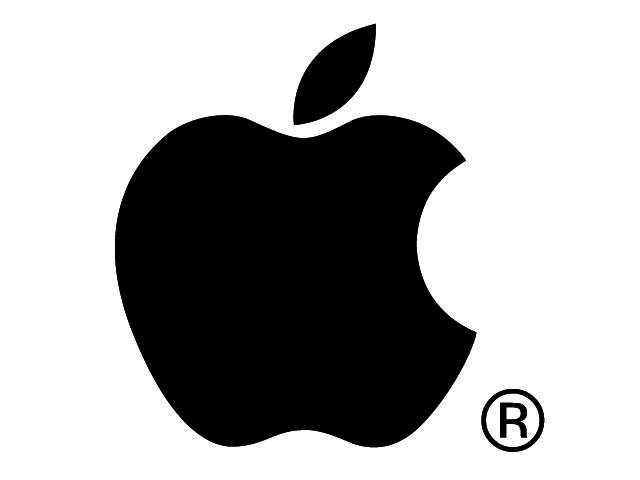Apple found guilty of ebook pricing collusion
By Ryan Noik 10 July 2013 | Categories: news
In the beginning of the end of a long running saga, which saw Apple stand accused of colluding with publishers to ‘fix’ ebook prices, the verdict has been handed down, leaving Apple the loser in its anti-trust case.
The saga started with the US Department of Justice accusing Apple and a number of the largest publishers in the US, the likes of Penguin, Macmillan, HarperCollins, Simon and Schuster and Hachette, of colluding together to undermine Amazon as well as general users in the first quarter of 2012.
At that time, it was asserted that the alleged collusion may have resulted in consumers having paid “millions of dollars more for some of the most popular titles," according to Attorney General Eric Holder.
Whereas the publishers acquiesced and subsequently settled with the Department of Justice, Apple stood firm, denying any wrongdoing.
Found guilty
Then, two months ago, the Department of Justice (DOJ) filed papers against the Cupertino company, asserting that Apple and publishers violated anti-trust laws “to strip retailers of pricing authority.”
The latest news, is that the verdict is not in Apple’s favour as ruled by federal judge Denise Cote. In her judgment, she found that Apple and the publishers in question did collude to raise ebook prices, according to CNN. It probably didn’t help much that Apple’s iPad launch of 2010 was conveniently occurring at the same time.
Cote apparently also dismissed the defense’s assertion that Apple was a passive player in the debacle, and rather found that the company had played “a central role in facilitating and executing that conspiracy.” Indeed, Cotes’ ruling went as far as placing the blame fairly in Apple’s court, adding: “Without Apple's orchestration of this conspiracy, it would not have succeeded as it did in the Spring of 2010."
Standing defiant
Apple’s spokeperson, Tom Neumayr, is quoting as responding to the judgment, according to AllThingsD, asserting that “Apple did not conspire to fix ebook pricing and we will continue to fight against these false accusations.”
He continued that when the company introduced the iBookstore in 2010, it “gave customers more choice, injecting much needed innovation and competition into the market, breaking Amazon’s monopolistic grip on the publishing industry. We’ve done nothing wrong and we will appeal the judge’s decision,” he added.
To the point
Should Apple's appeal be unsuccessful, it would then face a trial to determine the extent of the damages. We suspect that these would be quite considerable, considering that Hachette and HarperCollins agreed to pay a whopping $51 million to users who bought ebooks, in restitution, and that was without defying the DOJ.
Most Read Articles

Have Your Say
What new tech or developments are you most anticipating this year?



